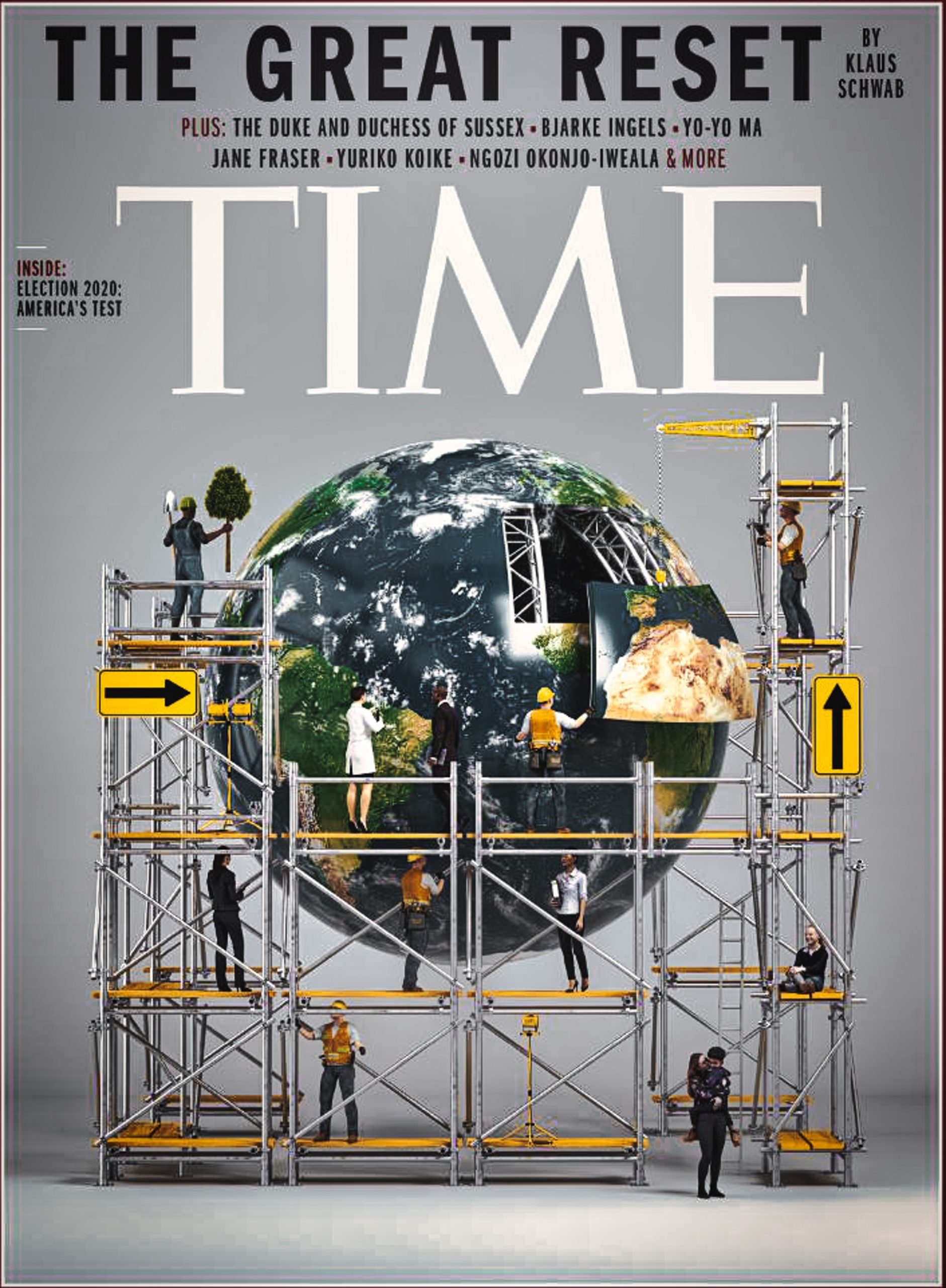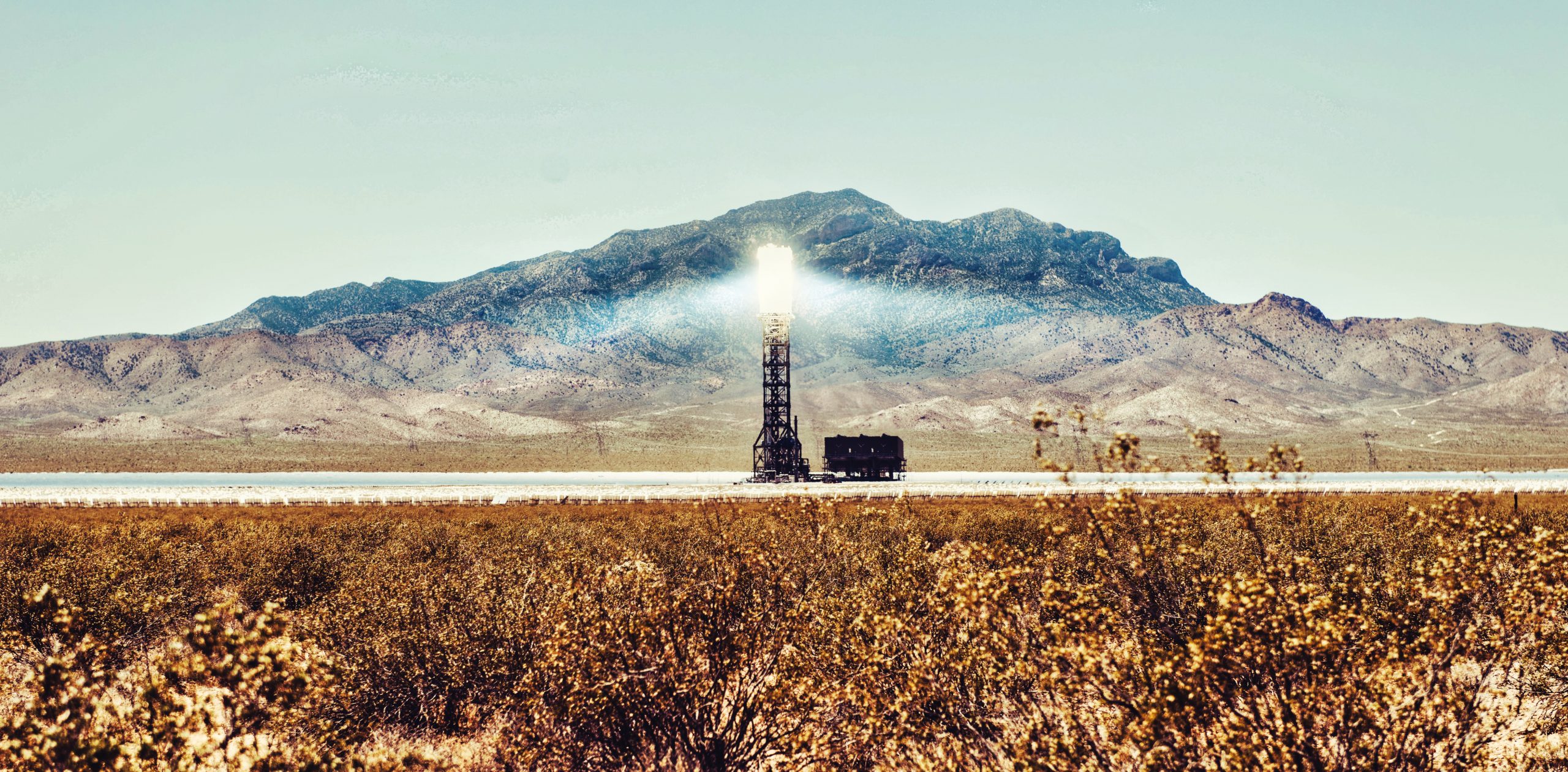In 1967, Roland Barthes wrote an essay called The Death of the Author in which he wrote of shifting the power of a text’s interpretation from the author to the reader. Today, the idea of sustainability faces death. However, whereas Barthes believed that imposing meaning only through the author posed limits on the text, opening the door to wide interpretations of sustainability is shifting and bastardizing its aims as the word is flogged within an inch of its life.
Sustainability seeks to promote social, ecological, and economic justice, but through misappropriation of the term places more power towards intentions that have never (or hardly ever) been about protecting the people and the planet. Sustainability is now a buzzword increasingly loosely and freely interpreted for economic pursuits, leaving social and ecological objectives behind. It has become a marketing tool, diluting its meaning to sell products for the purpose of profit. But the very nature of buying and selling is in opposition to tenets of sustainability such as reduction, reuse, and recycling. By misappropriating the term, it encourages people to buy more because they think it is a “friendlier” product when the priority in sustainability should be reduction: not buying in the first place.
The danger can be said to lie in the term itself. The word sustainability can be both vague and diverse. When speaking of sustainability, what are we speaking of sustaining: lifestyles, business models, or the future of the planet? We need to rethink the way we use and apply the word: a word ruled much in the way nature has been, in which nature is something to be dominated and controlled. Even talking about sustainability as a means of protecting nature puts control in human hands, forgetting that nature sustains us and not the other way round. If we truly want to be sustainable we should be working with nature and shifting our mindsets – finding stories that enable the integration of nature into our daily lives, cities, and technologies. For that, we need a new or shifted mode of thinking: a great reset.

The Great Reset
Seeing the way skies and waters cleared amidst hard lockdowns during the Covid-19 pandemic reinforced the need to understand our impact on the planet. It also emphasized the reality that current modes of living and thinking do not sustain the planet or its people. In June 2020, at the fifth annual meeting of the World Economic Forum, the need to promote social, economic, and environmental sustainability was emphasized.
The Covid-19 crisis, and the political, economic and social disruptions it has caused, is fundamentally changing the traditional context for decision-making. The inconsistencies, inadequacies and contradictions of multiple systems – from health and financial to energy and education – are more exposed than ever amidst a global context of concern for lives, livelihoods and the planet. – World Economic Forum
This meeting was dubbed The Great Reset, speaking to the need to reset our modes of thinking so that decision-making can be more effective, inclusive, and sustainable.
Sustainable Thinking
To promote sustainability through better decision-making processes we can do two things:
1) be inspired by modes of thought rooted in sustainability;
2) reclaim the term sustainability.
Thinking about sustainability means thinking long-term. We need to think about more than just today, but about all the tomorrows to come. The Iroquois (an indigenous North American confederacy) called this seventh generation thinking: how the decisions we make today can result in a sustainable world seven generations into the future. This can be likened to cathedral thinking.
In centuries past, building cathedrals required foresight and careful planning to build something that would last generations. This way of thinking needs to be applied to the future of humanity and the planet. We may not be building cathedrals anymore, but cities continue to grow, as do the populations moving into their hubs. Long-term planning and foresight need to be incorporated not only into the building but also the running of cities, finding solutions that include and support both people and the planet.
Incorporating seventh generation thinking speaks to the need to appreciate unconsidered or ignored knowledge such as indigenous ways of thinking whose ecocentric ideology can open mindful and integrative routes to sustainability. Ecocentrism finds inherent value in all of nature. To incorporate a more ecocentric perspective, a stronger move towards environmental personhood – assigning the environment a legal status – is required. Environmental personhood is not about anthropomorphizing nature; it is about placing nature on an equal footing: not as something inferior to humanity nor as something to be dominated, but as something we work with. We must not see nature as human, but see humans as part of nature.
This thinking ought to be applied to the relationship between nature and technology as well. Technology should not be seen as something opposite or in opposition to nature. Not only can technology work with nature, it is often derived from nature. Without nature there is no technology. From sticks and stones used to make Neanderthal tools to the minerals and fossil fuels from the Earth that power your phone and drive your car, nature is more a part of our everyday lives than we realize. However, sustainable means of using nature for technology need to be considered and applied – means that speak to the planet and the people, not just to profit. Whether it’s renewable energy, green spaces, permaculture, or minimalist lifestyles, there are many and myriad ways we can work with and for nature.

A desert solar farm shining like a modern day beacon of hope.
Long Live Sustainability
This brings us to the reclamation of the word sustainable. Sustainability is not dead. The very word defies the possibility of death: to sustain is to continue. To carry on. We must, however, remain mindful of how and why the term is used. Language and meaning can be manifold, as Roland Barthes argued. However, language and meaning can also be manipulated, thus we need to know and understand the author, the reader, and the context of both. Only then can we find the full richness of words and use the stories they weave for creativity, cooperation, and conversation.
As Richard Powers observed in his tree-centered tome, The Overstory:
“The best arguments in the world won’t change a person’s mind. The only thing that can do that is a good story.”
To change our minds, we need to (re)learn and stories are a powerful tool we can use. Stories engage and inspire, providing renewed understanding and fresh perspective. They can also provide hope, evident in a film and literary genre such as solarpunk, which not only boasts a tone of optimism, but inspiration for long-term visions that meld nature and technology. Above all, stories are sustainable, giving us an indelible gift that can be handed down from generation to generation.
If you like this article, spread the word by sharing it on Facebook or LinkedIn!


